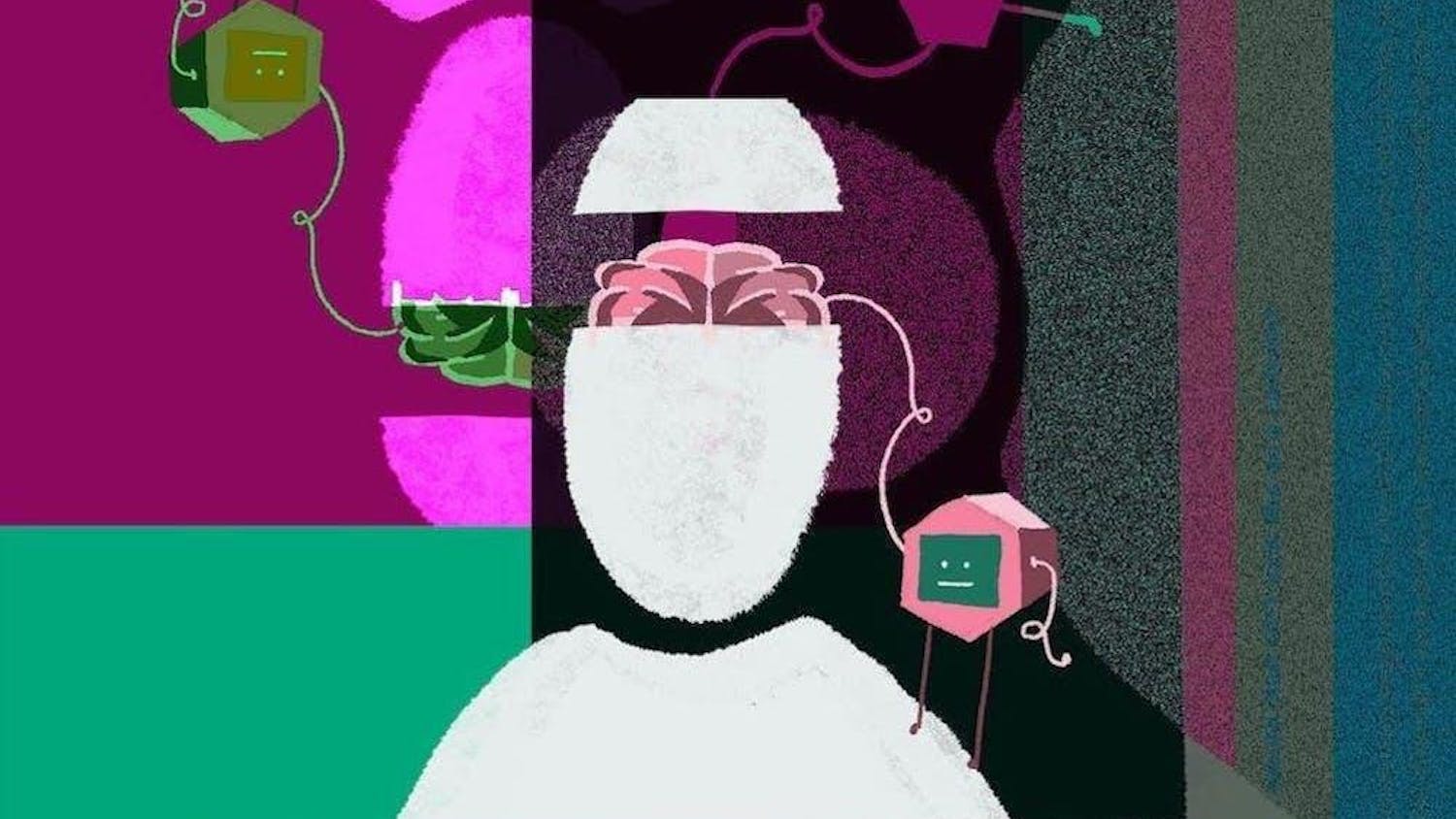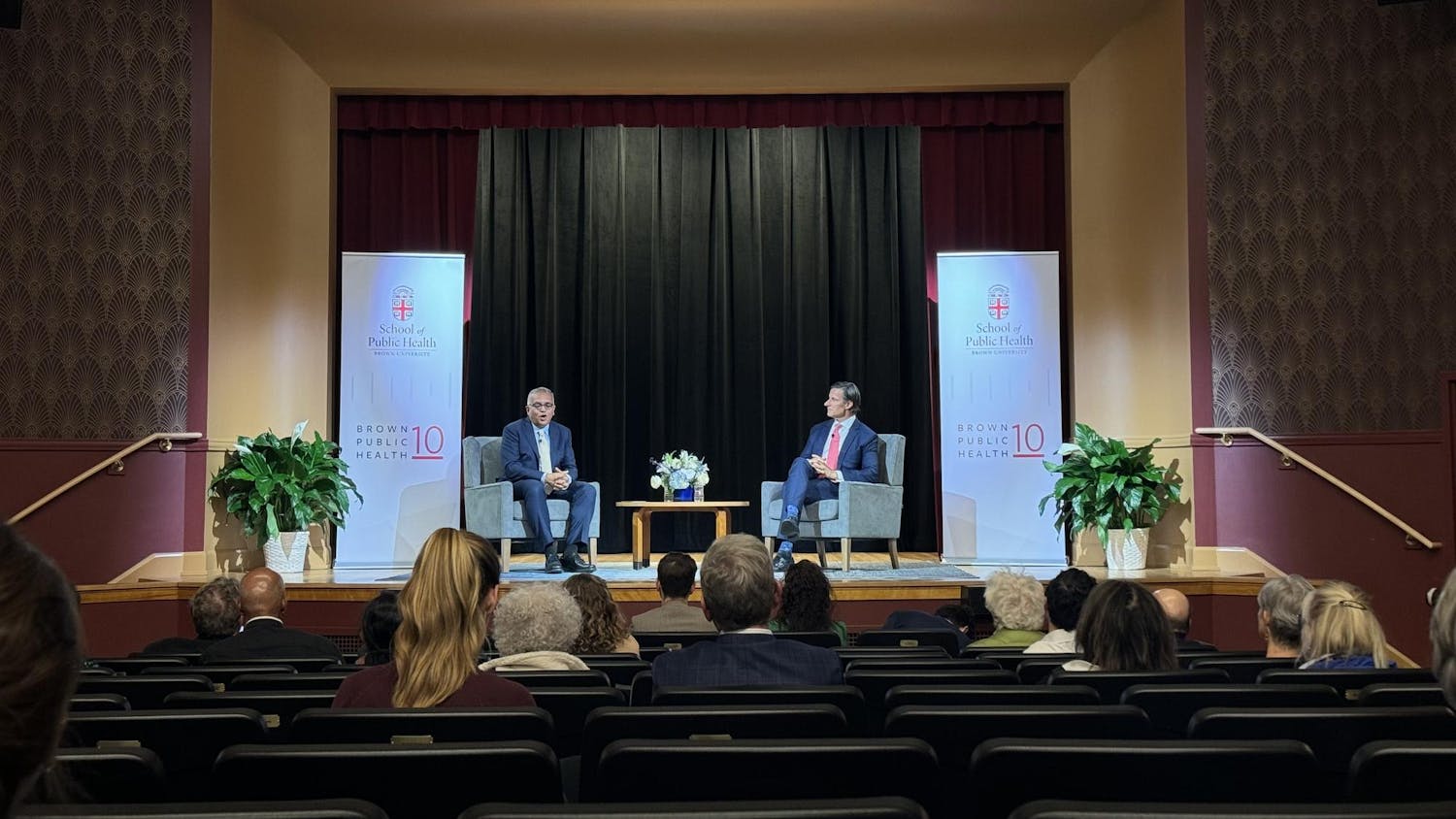Since 1989, Edith Mathiowitz, professor of molecular pharmacology, physiology and biotechnology, has been issued 30 patents, many of which relate to her work on the development of an insulin pill that could improve the treatment of diabetes. For her work, Mathiowitz, along with Professor of Physics Leon Cooper, was inducted into the National Academy of Inventors last month.
Mathiowitz’s research focuses on finding a way to deliver proteins orally to the body. By encapsulating the insulin molecule with nanoparticles, Mathiowitz and her team were able to increase the efficiency with which the protein was delivered to rats in lab trials. Normally, if a protein such as insulin is given orally, stomach acid will hinder its function by degrading it, she said.
With the “adhesive delivery system” she created, 65 percent of the protein was absorbed by the body. In past oral delivery methods without the attached nanoparticles, only 4 percent of the protein was absorbed.
For people with diabetes, an insulin pill could become an alternative to injecting insulin into the body, though its development and implementation still requires more research, Mathiowitz said. The first application of such a pill will likely be to stabilize glucose levels of diabetic patients during the night, she said.
Giving a slightly incorrect dosage of insulin to a patient can be detrimental to the body, Mathiowitz said. This narrow range of healthy dosages presents potential challenges for moving researchers’ work out of the lab, she added.
The researchers have close contacts in industry, which they hope will help with their goal of eventually commercializing the delivery method, Mathiowitz said.
In the future, use of the protein delivery system could be extended to also allow for delivery of other drugs that have oral viability, Mathiowitz said.
“This is the holy grail of protein delivery,” she added.
The NAI elects scientists who have had a “tangible impact on the quality of life in either their local community, the U.S. or the world,” said Keara Leach, program manager of the NAI.
Inventors are nominated by their peers and must have at least one patent with the United States Patent and Trademark Office, Leach said. The newest class of inventors will be inducted March 7 in Alexandria, Va., she added.
Since its founding in 2010, over 3,000 individual inventors who belong to U.S. and international universities and nonprofits have been elected to the Academy, according to the NAI website.
Mathiowitz said she views her selection to the NAI as a testament to the importance of researchers protecting their inventions and eventually taking them to the market.
“I hope that at Brown, I will encourage other faculty to go ahead and try to patent their research and commercialize it,” she said.
ADVERTISEMENT




